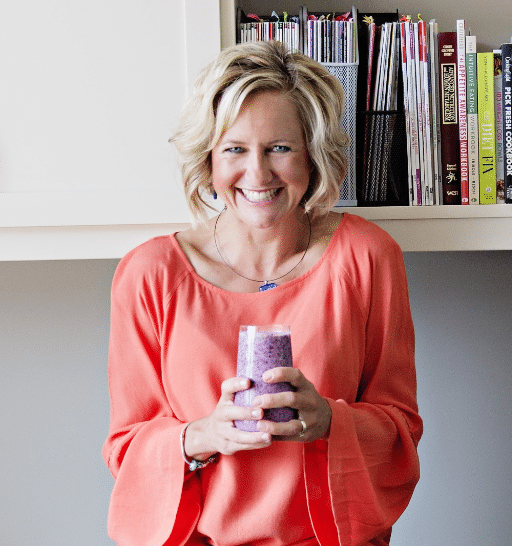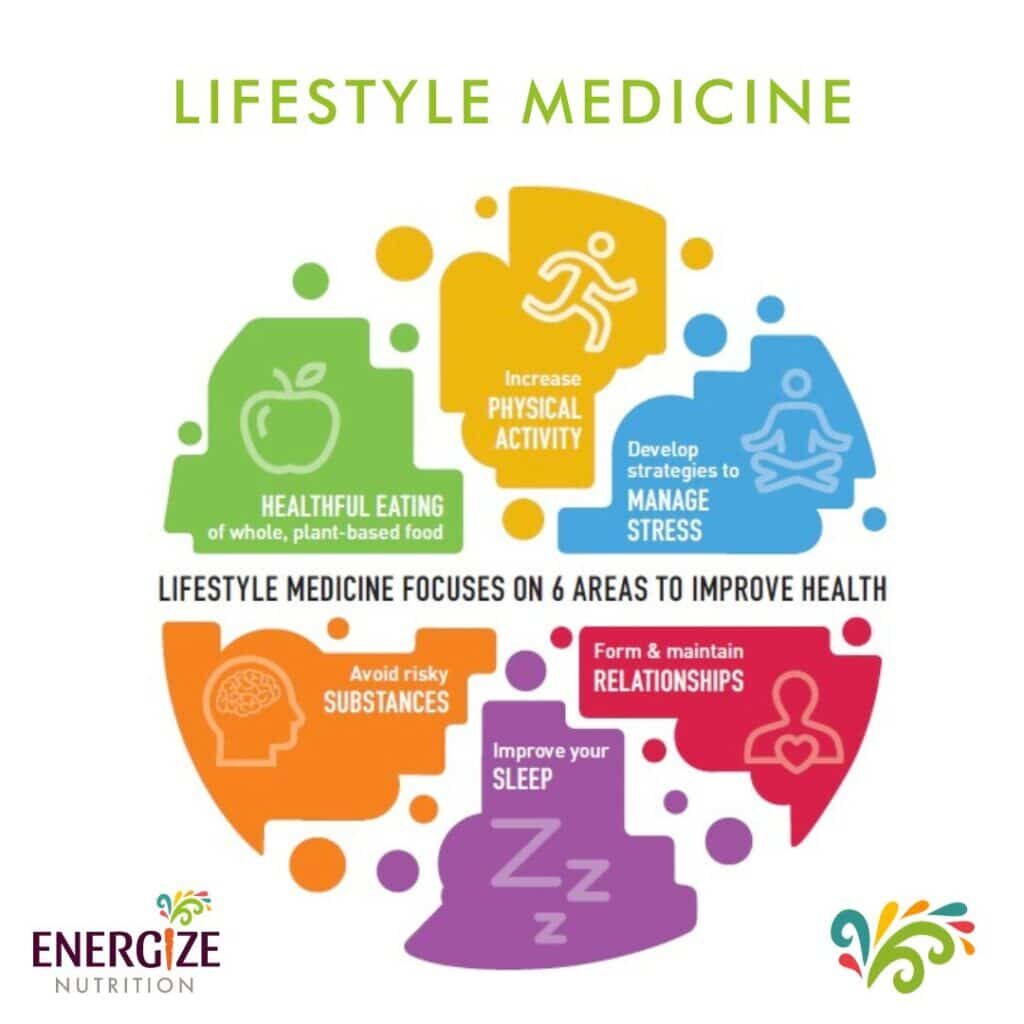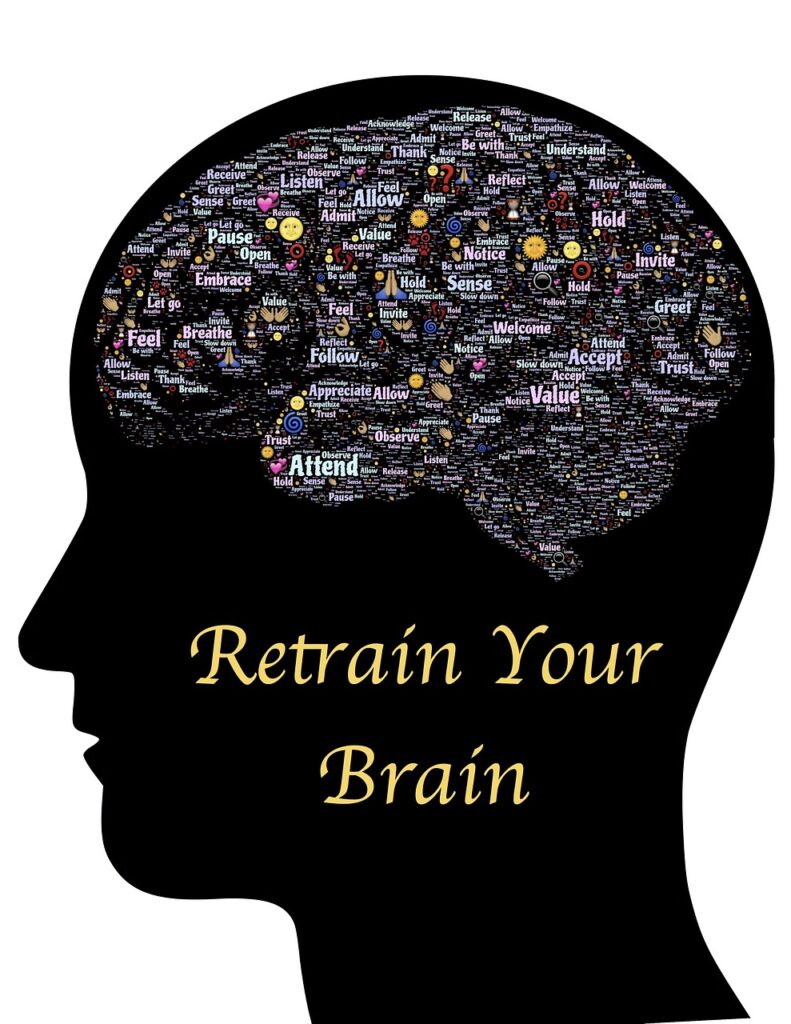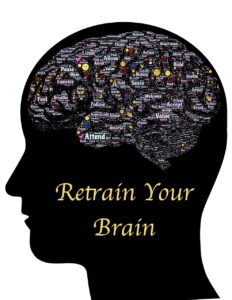Changing food and eating habits: The 3-step skill you need to learn
Are you trying to make a food and eating habit change but feeling stuck in a vortex of “I know what I need to do” and “I can’t seem to do it”? I have a 3-step skill that can help you.
If you have ever attempted to change a habit around what you do with food and eating, you have likely also encountered some roadblocks, setbacks or experienced something that lead you to fall astray from the exact change you know you want to make and are trying to make.
Maybe you are trying to change how your after-work snacking looks, or you are trying to limit snacking in the evening, or you are wanting to feel more in control with your approach to food. Maybe you feel successful in some of your days, but then something triggers you, resulting in a tsunami of overwhelm that you haven’t created or sustained the change you really want to make.
The resulting overwhelm of self-perceived failure often leads to nasty self-deprecation, and the thought “what the hell….I have already pooched the day, I may as well…..[insert action with food here].”, resulting in actions with food that are in direct opposition to the exact change we are trying to create.
These experiences, where we feel we have “failed”, are mentally exhausting, depleting and rob us of an already-limited supply of change energy. We ask ourselves “why can’t I just figure this out?”. We feel beat up, weary of our abilities, and we are put at risk for totally giving up. We are stuck in the vortex between “I know what I need to do” and “I can’t seem to do it”.
My friend, I see you. I have been where you are. This experience of perceived failure is painful (both in our mind and in our body) and depleting of our mind, body and life energy.
So you have failed (again)…now what?
What if I told you that there was something we could add into your toolbox of change strategies that could help you in times of perceived failure? I am not talking about creating a band-aid solution of healthier snack options, or a change of scenery from the couch/TV (though these can be helpful pivots along the chain of events).
I am talking about adding in an internal skill that helps you ride out the inevitable flood of painful feelings when our actions with food don’t go as expected/hoped for and the ensuing critical self-talk. Please hear me out on this one, because if you actually practice this skill, your life will change.
This 3-step skill is one way to practice something called “self-compassion” and is the brain work of Dr Kristen Neff, a psychologist and leading researcher in this area. Self-compassion is a skill and provides the emotional safety needed to be open to your struggles with food and eating habit change (and other changes you may be wanting to make).
Self-compassion is how we relate to ourselves during times of difficulty or struggle. When there is suffering or a struggle, our critical voice is activated. Self-compassionate language can be used during these times of self-critical thoughts and can help change how we engage with and respond to these self-critical thoughts. Changing how we engage with and respond to self-critical thoughts is where our lives can change and improve. Self-compassion is about being kind to yourself in moments of suffering.
Self-compassion may not come naturally to all people. However, it is a skill and it can be strengthened through practicing during moments of suffering.
Benefits of self-compassion
This 3-step skill needs to be experienced and practiced during times of emotional pain. If you can develop, practice and strengthen the skill of self-compassion, research shows that you can experience many benefits (TCME, 2022):
- Feeling less depressed and anxious
- Reduced shame and self-criticism
- Reduction in eating and weight concerns
- Being better able to regulate eating after “overeating” as there is less inclination to eat to cope with the overwhelming difficult emotions.
- Reductions in body dissatisfaction and body shame.
- More self-regulation of health-related behaviours in people with medical concerns.
- Being more likely to engage in behaviours that promote your health.
The 3-step skill you need to add to your toolbox of food and eating habit change
There are 3 parts to self-compassion, and there is a lot of depth to each part.
1)Mindfulness
Self-compassion begins with noticing that this is a moment of suffering, and acknowledging that suffering is present. In this step, you have mindful awareness, noticing that this [whatever you are struggling with] is really hard right now.
This step is important because instead of turning away from the suffering, you turn toward the difficulty you are having and naming it.
This step helps with acknowledging the suffering without exaggerating the feelings of failure.
In this first step, you might say to yourself “This is a moment of suffering”. Or “suffering is present”. Or “I am struggling with this right now.”
What is mindfulness? Why you want to learn this skill & How to get started
2) Common humanity
The second element of self-compassion is to acknowledge that suffering is part of life and being human. This step helps to reduce shame and feelings of isolation.
You might say to yourself “Many people go through similar situations. I am not alone.”.
3) Self-kindness
The third element of self-compassion is self-understanding, not punishment. In this step you work on treating yourself like you would your best friend. You actively comfort and sooth yourself during times of difficult emotions, instead of criticizing yourself.
If this step sounds too airy-fairy for you, remember that shame and self-criticism promotes anxiety, shame, avoidance and isolation, which is the opposite of motivation.
Think about what would you say to your BFF if they told you they were struggling with a similar issue? In this step, we work on turning this kindness toward yourself.
Skills can be learned & practiced
A skill is the ability to do something well and it can be learned. Just like when you learned to skate or drive, self-compassion can be practiced using this 3-step process. It can also be practiced using guided practices, exercises, mantras or affirmations. The key thing here is that self-compassion is a skill that needs to be practiced.
When things go sideways for you with your food and eating habit change, remember that you are doing the best you can with the tools you have. And there is another tool called self-compassion that can help you during moments of perceived failure that can help you create deep, authentic food and eating habit change. The more understanding and kindness we can offer to ourselves, the more motivated we can be to take care of ourselves.
Final thoughts
Our psychological health and well-being is something that should be given attention and support. Practicing self-compassion is something that needs to be experienced, not just read about. If you have had a history of trauma, you may resist self-kindness. Feelings of suffering can be triggering from trauma memories. You may need more professional support from a regulated mental health expert to help you with developing this skill. Check out these resources for supporting your mental health, and Access Mental Health to help get you started.
Related articles:
References:
Dreisoerner A, Junker NM, van Dick. The relationship among the components of self-compassion: a pilot study using a compassionate writing intervention to enhance self-kindness, common humanity and mindfulness. Journal of Happiness Studies. 2021; 22, 21-47. Available from https://link.springer.com/article/10.1007/s10902-019-00217-4
Jake Linardon, Luvena Susanto, Hannah Tepper, Matthew Fuller-Tyszkiewicz Self-compassion as a moderator of the relationships between shape and weight overvaluation and eating disorder psychopathology, psychosocial impairment, and psychological distress. Body Image. 2020 Jun;33:183-189. 2020 Apr 8. https://pubmed.ncbi.nlm.nih.gov/32278251/
Messer M, Anderson C Linardon J. Self-compassion explains substantially more variance in eating disorder psychopathology and associated impairment than mindfulness. Body Image 2021 Marc; 36: 27-33. https://pubmed.ncbi.nlm.nih.gov/33161205/
TCME (The Center for Mindful Eating). Dr Haica Rosenfeld. Mindful Eating and Self-Compassion. 2022. Module 5: Self Compassion, Mindful Eating Certificate.
Self Compassion. Dr Kristin Neff. www.Selfcompassion.org
Tagged in: Calgary Dietitian, Calgary Nutritionist, failure, goal setting, habit change, mindfulness


Welcome to the Energize Nutrition blog, where we share evidence-based nutrition content, designed to empower people’s midlife. Take a look around to find information on feeling your best.
If you need more individualized support, reach out to set up a free discovery call with Kristyn Hall.

Battling chronic hunger, poor energy, or inflammation? Discover what this powerful ingredient is and why it might be the solution!







